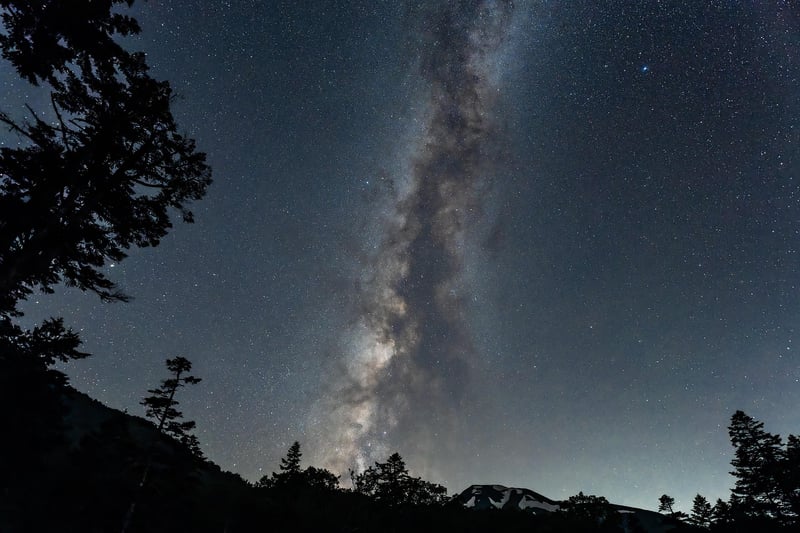Time Dilation Theories
Unravel Deep-Space Puzzles and Time Dilation Theories
Exploring the mysteries of deep space and the concept of time dilation can be a mind-bending journey into the unknown. From understanding the vastness of the universe to contemplating the effects of time on space travelers, these topics offer a fascinating glimpse into the wonders of the cosmos.
Deep-Space Puzzles
Deep-space puzzles often revolve around celestial phenomena, astronomical objects, and cosmic events that challenge our understanding of the universe. From black holes and neutron stars to dark matter and exoplanets, each discovery adds a piece to the cosmic puzzle, bringing us closer to unraveling the mysteries of the cosmos.
Black Holes
Black holes, with their intense gravitational pull and ability to distort spacetime, are among the most enigmatic objects in the universe. These cosmic giants devour everything that comes too close, including light itself, making them invisible to the naked eye. Studying black holes helps scientists unlock the secrets of gravity and the nature of space and time.
Exoplanets
Exoplanets, planets that orbit stars outside our solar system, offer a glimpse into the diversity of planetary systems in the universe. By studying exoplanets, scientists hope to find Earth-like worlds capable of supporting life and expand our understanding of planetary formation and evolution.
Time Dilation Theories
Time dilation, a concept from Einstein's theory of relativity, posits that time can appear to pass at different rates depending on the observer's relative motion and gravitational fields. This theory has profound implications for space travel, as astronauts traveling at high speeds or near massive objects experience time differently from those on Earth.
Twin Paradox
The twin paradox illustrates the effects of time dilation in a thought experiment where one twin travels to a distant star at near-light speed while the other remains on Earth. Upon the traveler's return, they would find that less time has passed for them compared to their sibling on Earth, showcasing the real-world implications of time dilation.
Gravitational Time Dilation
Gravitational time dilation occurs in regions of strong gravity, such as near black holes or massive stars, where time appears to slow down relative to observers in weaker gravitational fields. This phenomenon has been observed in experiments using atomic clocks and confirms the predictions of Einstein's theory of general relativity.
Embark on a journey through the depths of space and time as you unravel the cosmic puzzles and time dilation theories that shape our understanding of the universe.

For more information and updates on deep-space exploration and time dilation, visit NASA's official website.
